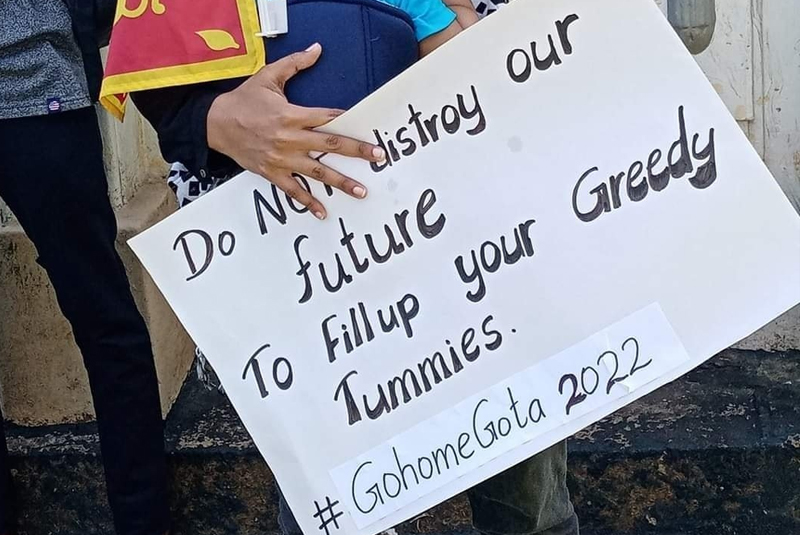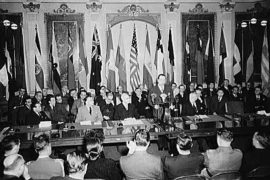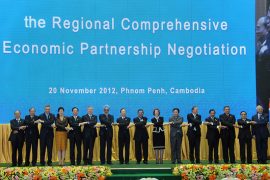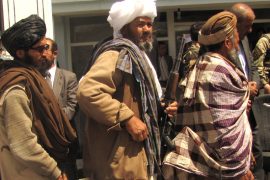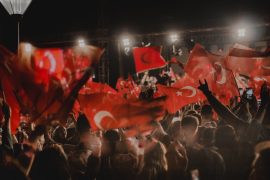A paralysing economic crisis grips the island state of Sri Lanka. Essential food items are in short supply while fuel shortages are causing debilitating power cuts across rural and urban, residential and industrial centres. Anti-government protests have escalated into a political strife causing defence authorities to declare a state of emergency while the Prime Minister steps down. As footage emerges of a fleeing Mahinda Rajpaksha, Sri Lanka deploys–even as we speak–military troops and police force alike to patrol the streets armed with shoot-on-sight orders.
Economists around the world continue to scrutinise the downturn, dubbed as one of the worst economic collapses since 1948–the year Sri Lanka became an independent nation. Economic debates emerge on a range of issues–from the Balance of Payment crisis to the depleting foreign reserves, from potential lending arrangements with IMF to pandemic-induced sectoral recessions. As numbers are churned out and opinions disseminated, a glaring lack presents itself. Global intelligentsia remain silent on the differential impacts of the financial contagion on the lives of Sri Lanka’s women, girl children and gender minorities.
Recently, a group of Sri Lankan feminists, collectivised under the banner Feminist Collective for Economic Justice, made an appeal to address the emerging humanitarian crisis in Sri Lanka that has gendered repercussions.
-30-
Copyright©Madras Courier, All Rights Reserved. You may share using our article tools. Please don't cut articles from madrascourier.com and redistribute by email, post to the web, mobile phone or social media.Please send in your feed back and comments to [email protected]

